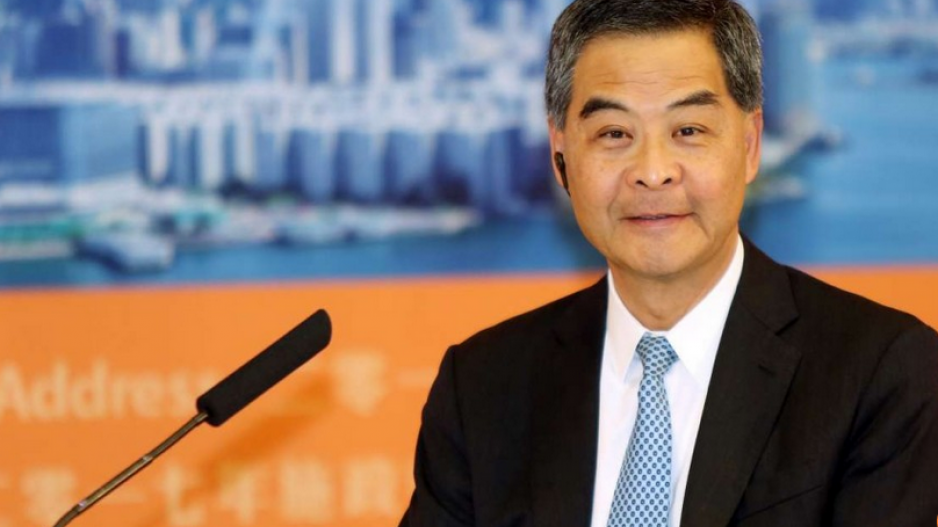Chief Executive Leung Chun-ying has proposed building cheap, subsidized flats in country parks to allow more citizens to own their homes.
He revealed his intentions in a phone-in programme this morning, a day after he floated in his final policy address that some country parks areas of low ecological value should be used to build public flats and non-profit making elderly homes.
In return, the government will add more sites of high conservation value in country parks.
In response to questions raised by the audience, Leung said that the selected sites would not be used to develop real estate. Instead, flats sold at a price lower than the existing subsidized flats should be considered on those sites. The government can develop the sites and pay for the construction cost, he added.
“If taxpayers don’t need to pay [for building the flats]... and the flats sell at cost value, which could be even cheaper than Home Ownership Scheme flats, why don’t we do so?” said Leung, adding the government would not give up building on brownfield sites.
He said government-funded housing would be more suitable for the grassroots and the middle class to attain the goal of owning a property.
Leung also expected the supply of flats to continue to increase in the coming years as it takes at least three to four years to build a high-rise building, and around another year if it involves a land rezoning problem.
“More flats have been sold in the past one to two years, but they were not completed flats. Buyers could not move in and thus their current flats cannot be put on the market,” said Leung, in response to an audience member who complained the middle class found it hard to purchase a second-hand flat.
Leung said changes could be expected in the coming year.
“The supply of uncompleted flats is large, and those [uncompleted flats] sold in the past two years will be ready for [people to move into],” he said.
As property stamp duty was further raised in November last year to curb the soaring property market, Leung said he hoped to reduce those “harsh measures” gradually when supply is deemed sufficient and the market has returned to normal.
Read the original article on the South China Morning Post.
Check out BIV’s podcast for the week of January 18, 2017:




